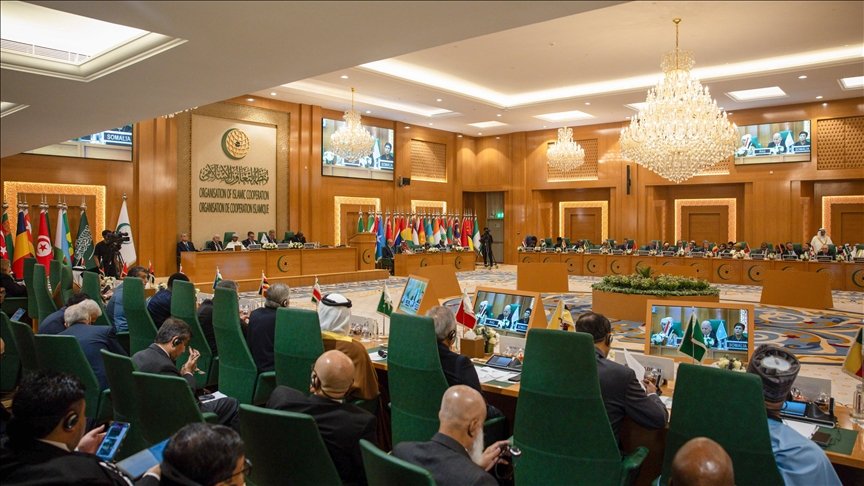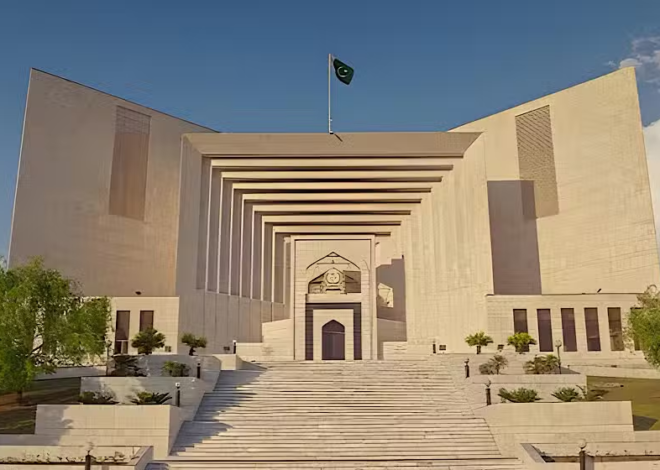
OIC Rejects Netanyahu’s ‘Greater Israel’ Plan, Calls for UN Action
Strong Condemnation from the OIC
The Organisation of Islamic Cooperation (OIC) has formally rejected Israeli Prime Minister Benjamin Netanyahu’s controversial ‘Greater Israel’ plan, describing it as a blatant violation of international law and a direct threat to peace and stability in the Middle East. The decision was adopted in a resolution backed by 31 member states, highlighting a unified stance among Muslim-majority nations against the expansionist agenda.
The OIC resolution denounced the proposal as an attempt to legitimize occupation, displace Palestinians, and further escalate tensions in Gaza and the wider region. Member states emphasized that such actions undermine prospects for a two-state solution and erode international diplomatic efforts aimed at achieving lasting peace.
Call for Suspension of Israel’s UN Membership
One of the most striking elements of the resolution is the OIC’s demand to suspend Israel’s membership in the United Nations. The statement argued that Israel’s repeated violations of UN resolutions, humanitarian law, and basic human rights disqualify it from enjoying the privileges of membership in the global body.
This demand underscores growing frustration among Muslim nations with what they perceive as the international community’s failure to hold Israel accountable for its actions. By pressing for suspension, the OIC seeks to apply unprecedented pressure, signaling that the organization will pursue stronger diplomatic measures moving forward.
Accountability for Alleged War Crimes
The OIC resolution also called for international accountability mechanisms to address what it described as “war crimes and crimes against humanity” committed by Israeli forces. Referring specifically to the ongoing Gaza conflict, the statement highlighted civilian casualties, destruction of infrastructure, and restrictions on humanitarian aid as evidence of systemic violations.
Member states urged the International Criminal Court (ICC) to expedite investigations and bring perpetrators to justice. The resolution made clear that the pursuit of justice is central to restoring credibility to international law and protecting vulnerable populations from further aggression.
Global Sanctions and Diplomatic Measures
In addition to legal accountability, the OIC urged member states and the broader international community to impose global sanctions against Israel. These measures, the statement suggested, should target military cooperation, economic ties, and diplomatic engagement until Israel complies with international norms.
Sanctions, according to the resolution, are essential to deterring future aggression and compelling Israeli authorities to abandon expansionist policies. OIC representatives stressed that without concrete consequences, violations will continue unchecked, perpetuating cycles of violence and instability in the region.
Appeal for UN Security Council Intervention
Perhaps the most urgent call from the OIC was directed toward the United Nations Security Council. The resolution demanded the deployment of an international protection force to safeguard civilians in Gaza and prevent further escalation. Invoking Chapter VII of the UN Charter, the OIC pressed for immediate action to halt Israeli military operations and enforce binding measures to restore peace.
This appeal reflects mounting concern over the humanitarian catastrophe unfolding in Gaza, where repeated escalations have left thousands displaced, infrastructure devastated, and humanitarian access severely restricted. By calling for direct UN intervention, the OIC has placed the responsibility squarely on the world’s most powerful body to act decisively.







